Beauty was a gift which, in the eyes of New York, justified every success, and excused a certain number of failings
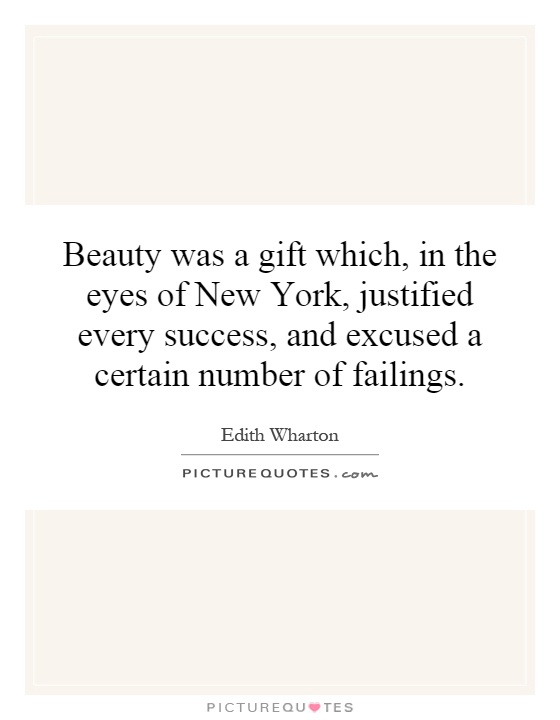
Beauty was a gift which, in the eyes of New York, justified every success, and excused a certain number of failings
In the world of Edith Wharton's novels, particularly in the setting of New York high society, beauty was indeed a powerful currency. Wharton's characters often navigate a world where appearances are everything, and where beauty can open doors that would otherwise remain firmly closed. In this context, beauty is not just a physical attribute, but a symbol of privilege, status, and power.In Wharton's novel "The Age of Innocence," the character of May Welland embodies the ideal of beauty as a gift that justifies success and excuses failings. May is described as ethereal, delicate, and perfect in every way. Her beauty is not just a physical trait, but a reflection of her social standing and her ability to conform to the expectations of New York society. May's beauty is her ticket to a successful marriage with the wealthy and respected Newland Archer, and it allows her to navigate the complex social dynamics of her world with ease.
On the other hand, the character of Ellen Olenska in the same novel represents a different kind of beauty. Ellen is described as exotic, unconventional, and mysterious. Her beauty sets her apart from the other women in New York society, and it both attracts and repels those around her. Ellen's beauty is a double-edged sword, as it both opens doors for her and makes her a target for gossip and judgment. Despite her beauty, Ellen struggles to find acceptance in a world that values conformity above all else.




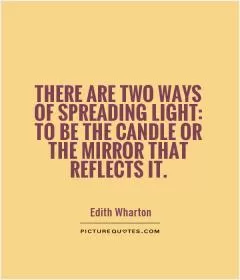

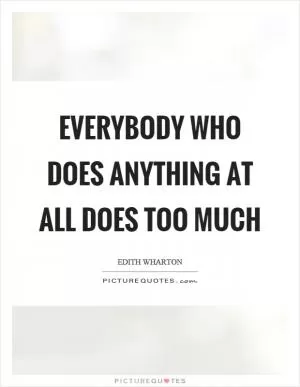
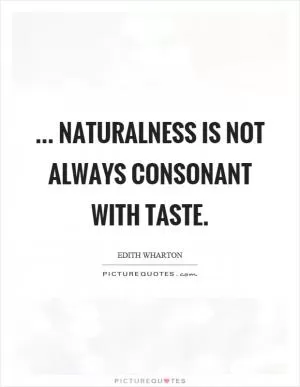

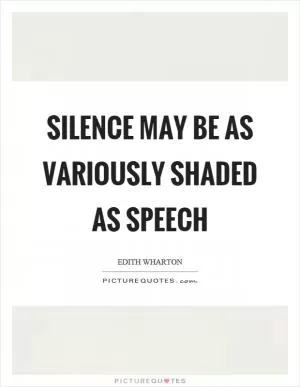


 Friendship Quotes
Friendship Quotes Love Quotes
Love Quotes Life Quotes
Life Quotes Funny Quotes
Funny Quotes Motivational Quotes
Motivational Quotes Inspirational Quotes
Inspirational Quotes